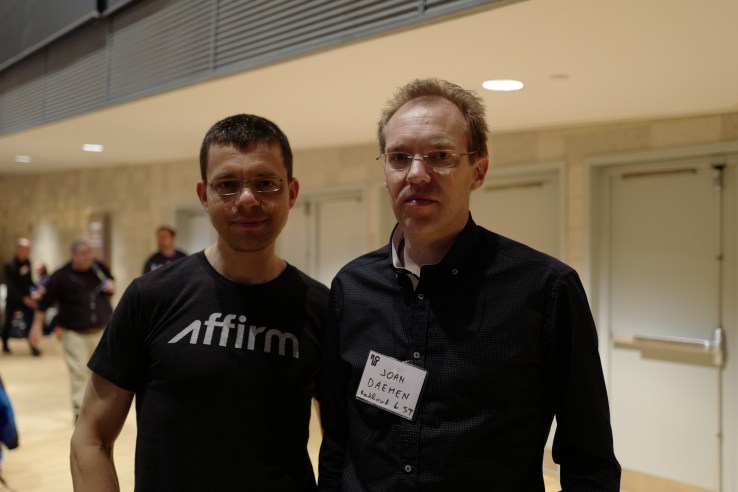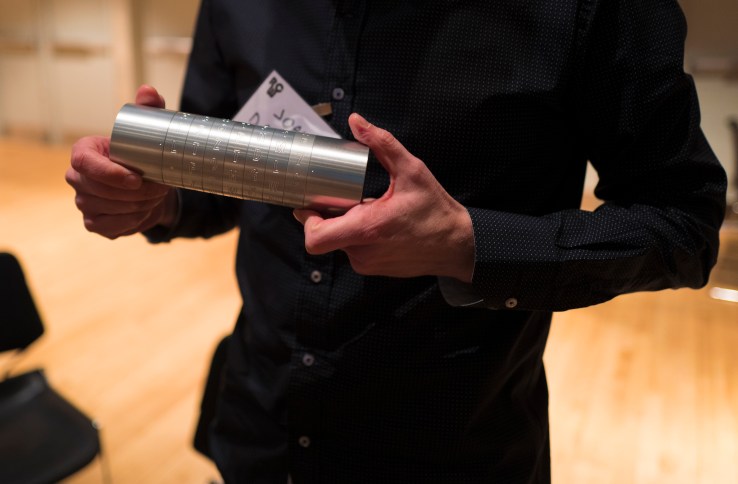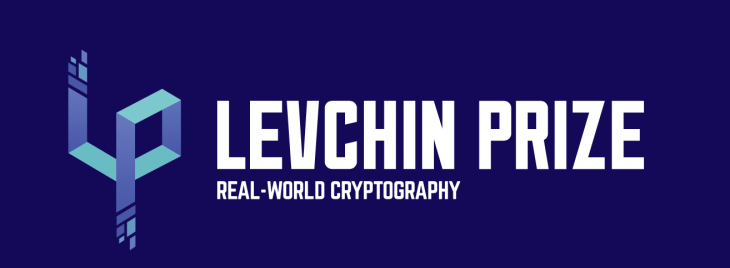This week I had the chance to visit Columbia University to meet with Max Levchin, currently the CEO of financial company Affirm and one of the co-founders of PayPal. He was in the Lerner Hall auditorium surrounded by a large flock of programmers belonging to a special branch of the field: cryptology. They were all there vying for the second annual Levchin Prize.
Levchin started the award to honor those who make real-world contributions to the field of “crypto.” When I asked Levchin what his favorite implementation of cryptology was at the moment, he answered the AES security protocol: “I use it every 10 seconds.” That time refers to the refresh rate on his email app.

The first 2017 Levchin Prize recipient was the creator of said encryption, Joan Daemen. Along with his collaborators, Vincent Rijmen and the Keccak team, they are responsible for the development of the AES block cipher and the SHA3 hash function. Daemen was rather keen with his win, saying that, “it will look great on my CV.” It’s kind of hard to argue with that.
If you know anything about the security of your digital life, you’d know that AES is virtually everywhere. Even here at TechCrunch.
Daemen was immediately followed by Moxie Marlinspike and Trevor Perrin, who were awarded the 2017 Levchin Prize for their development of the Signal protocol used to encrypt messages in communication systems.

Speaking to Moxie via Signal, I found out that the app team is looking “to bring Signal Protocol to more places.” He added that moving forward in the field would best be done if “cryptography [is] indivisible so that the user experience remains the same.” It’s both a slight nod to his own product while citing a truth; that the average consumer won’t adjust to more secure methods unless it is already integrated or as easy to install as an app, like Signal.
This protocol is already in use by the likes of WhatsApp, Facebook Messenger and in some parts of Google Allo — this encryption encases the conversations of more than a billion people worldwide.
In terms of technicalities, Signal uses triple Diffie-Hellman and a double ratchet mechanism to provide strong forward-secrecy for outgoing messages.
